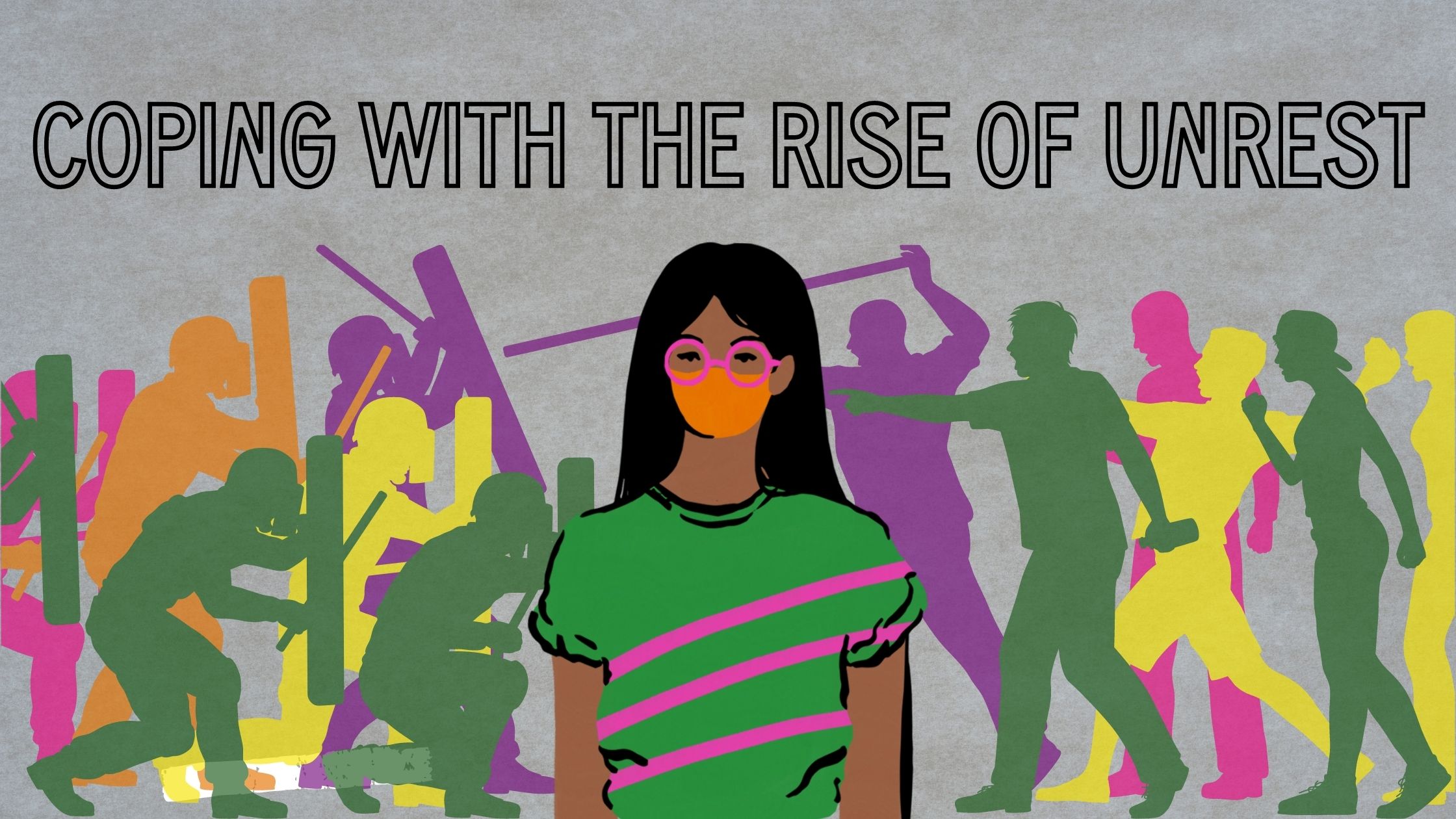Coping With the Rise of Unrest

How do you cope with your feelings when seeing news affecting your family abroad? We explore ways to take meaningful action and how to care for yourself in an uncertain time.
As the news of the protests in Nigeria broke last week, the hearts and minds of the team at Spark & Co. went to our Nigerian community members, who we knew would be affected by this news.
Just this year alone, we’ve seen several protests break out across the world. Whether it’s for equality through the Black Lives Matter movement, to stop extraditions in Hong Kong, to show anger at citizenship laws in India, or the Sudanese back on the streets to protest dire living conditions, it is undeniable that there had been growing unrest.
The most recent instance, of course, is the End SARS movement in Nigeria. This isn’t the first peaceful protest to encounter conflict and violence, and as our Nigerian community members experience this turmoil, we stand in solidarity with them.
Recent analysis shows that we are likely to encounter more civil unrest as the pandemic fuels uncertainty. As the economic impact from COVID-19 grows, protests in emerging markets are set to grow also; with millions of newly unemployed, underpaid and underfed citizens fighting for their basic rights.
What does this mean for you if you have family abroad? How do you cope with the feelings seeing these events unfold can bring? And how do you take meaningful action?
To start with, here are a few things to keep in mind:
- Everything that you feel is valid – shock, rage, disbelief, guilt and anxiety. These feelings are common, and entirely understandable. There is no way to describe how awful it is to see a country you have a connection with to go through something like this.
- Guilt is also a very common feeling in these situations – you might find yourself worried about family and friends, wondering if you could have done anything or why you aren’t there.
- The protests can also be very divisive – they often bring out feelings and attitudes you may not have been ready for, and you may find that you do not agree with family and friends.
The key thing to bear in mind in that these things can be difficult to navigate. And, during an already difficult year, probably won’t help you feel any better. We heard from community members to find out about the things that they have found to help:
- Chatting to people who understand the situation - surrounding yourself with those who hold similar beliefs and can show solidarity
- Setting boundaries - whilst debate and discussion can be helpful, you may find that you don’t have the energy to explain to define your thoughts. In this case, it is important to draw boundaries and step away from conversations that make you feel worse.
- Taking small meaningful actions – whether that is discussing back up plans with family abroad, signing petitions, joining a local protest or donating to a frontline organisation, take small steps that have meaning to you.
Across our Instagram and Twitter, we’ll be sharing actions you can take.
If you’re finding this situation has affected your mental wellbeing, we also urge you to visit our Resource Hub to find out more about mental health support services.
This post was written by our Founder and Director, Ishita Ranjan (She/Her). Find out more about Ishita here.
